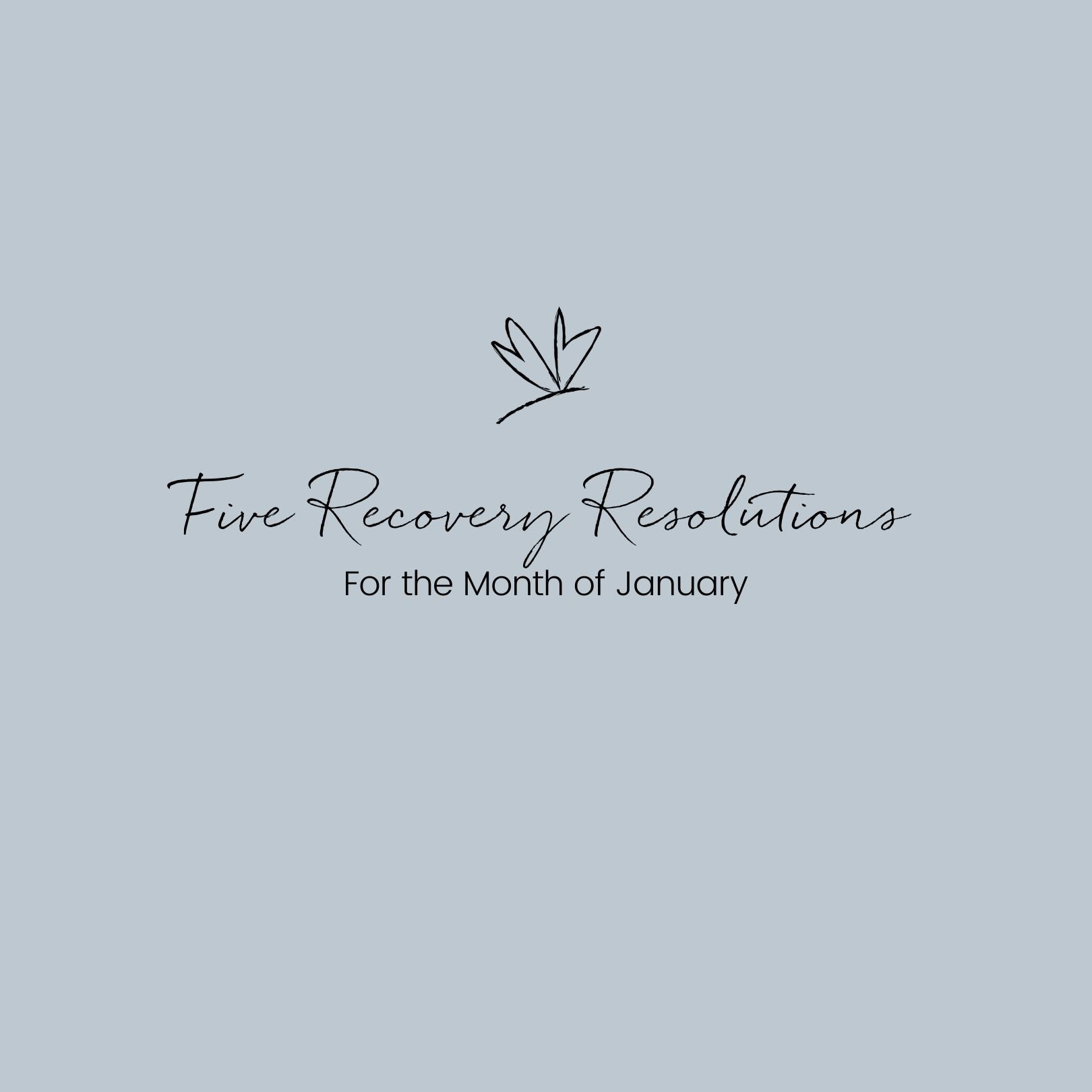The “why meeeeee?” Bit of Recovery
“I’m nearly 2 years into recovery from anorexia, and I’ll tell you what….I’m cream crackered!
Seriously - the overriding feeling at this point in the journey is sheer exhaustion.
I’m 37, mum to two very young children, I’m studying to retrain as a counsellor, have started working again, have shared responsibility for caring for my ailing dad and just live the busy, ball-juggling life that comes with being a grown up.
So when you add in a 2-years-and-counting slog to tackle the beast that is an eating disorder, preceded by several years of being entrenched in it, I feel like my sleep deficit might rival the general financial deficit the UK government is currently rocking.
This week has been a wobbly one. I’m on a whole new set of medications, I injured my arm when a cyclist speeding along the pavement crashed into me, I had a grim GP appointment, I’ve been trying to well and truly kick the ass of my remaining compulsive movement habits, and my eldest son has been having a tough time at school.
All in all, it’s been one of those weeks where I want to curl up under a duvet, put in headphones, shout “la-la-la I can’t hear you” to the noise and anxieties and ED thoughts in my mind, and just hide from the world for a bit.
I have been feeling thoroughly sorry for myself.
Not in a good, healthy, self-compassionate way that involves me practising self care and reassuring myself that I am doing a good job, that I can’t be everything to everyone every minute of the day, and that I am making good, steady progress in several areas of my life and health.
Nah, not that. I’m talking good old-fashioned self pity. A check-list of all those negative emotions and self-critical anxieties which rear their angry head when life gets tough.
That anger is anger that I have been cursed with an eating disorder.
It’s resentment that others are able to eat, rest and live without a flipping soundtrack of ‘anorexic doom’ ringing in their ears 24/7.
It’s resignation that I’ll be stuck with this illness to some degree – forever.
It’s envy of others who are further along their recovery journey.
It’s guilt at the impact my eating disorder and treatment have had and are still having on the people I love.
And then there’s the shame - shame at feeling like I’ve lost control or “let myself go”.
Alongside this comes the blame, directed towards the health professionals who dismissed me and my eating disorder over and over again until it escalated to a dangerous point.
I have grief too, at everything I’ve lost or missed out on as a result of my illness.
There’s loneliness as I retreat into my mind and despair that no-one around me truly understands what I am feeling.
Don’t forget frustration – that I, as a capable(ish), intelligent(ish), productive(ish) woman have not yet completely managed to wrestle back control from anorexia.
And a heavy dose of fear that at some point it will all get too much and I’ll relapse.
All this…and plenty more to boot.
It’s a huge and overwhelming sense that IT IS ALL SO BLOODY UNFAIR. That life has dealt me a massive blow - I did not choose to have an eating disorder - and yet I am the only one who can do what is needed to recover from it. Yes, other people can and do support me, both in terms of ED services and friends and family, and I am monumentally thankful for that, but they can’t eat for me, they can’t fight the urge to go for a run for me, they can’t deal with the anorexic soundtrack in my head for me.
Man it’s draining. Recovery is draining, living at the epicentre of an almighty good-versus-evil (or in this case healthy-versus-unhealthy, real me-versus-anorexia) tug of war in my mind day after day is draining.
And it’s ok to feel all of the feelings above, it really is. It is understandable and is part of what makes us human. Telling ourselves that those feelings and emotions aren’t valid or legitimate will only feed into the sense of shame, guilt or unworthiness that eating disorders love to latch onto.
So what do we do then? How do we avoid getting stuck, stewing in those feelings and becoming a pressure cooker of anger, resentment and despair?
I’m no grand master at this business by any means, but I have tried to stay curious throughout my recovery journey and am a big fan of trial and error. So each time I have had one of these phases of self pity - sometimes lasting just a few hours or sometimes several weeks - I’ve tried out different approaches to see what helps.
And here are 3 things which have made a difference:
Reframe
One thing that has been really effective is trying to consciously reframe some of the more powerful thoughts which really threaten to hold me back. So when I find myself thinking how unfair it is that my husband can’t just make it all go away and do all the flipping opposite actions and challenge repeats and sitting with hideous emotions for me, I try to look at the flip side of it; that I have within me everything I need to recover. I CAN do the eating and resting and all the offer excruciatingly tough stuff. Yes, it is brutally hard, but I CAN do it. I am capable and determined and made of tough stuff. I spent years flogging myself physically and mentally to satisfy the ever-increasing demands of an eating disorder, so I can sure as hell find the strength to take it down.
And do you know what? When (yes WHEN) you recover from the illness, having been the one to do all the eating and resting and going against the thoughts in your head hundreds, if not thousands of times a day, for weeks and months on end, you can be safe in the knowledge that you are an absolute badass, that YOU made this happen, and there is nothing of which you are not capable.
Reflect
Another useful tool during these really tough periods where you’re wading through treacle can be reflecting on progress you’ve made so far. Much like watching a baby grow or trying to see your hair getting longer, it can feel impossible to see any positive changes, achievements or progress with each day that goes by. But encourage yourself to take stock every now and again. Is there something you’ve gradually got better at challenging over the past week, month or year? Are you now consistently managing breakfast without freaking out, able to sit and watch a whole film with your family without making an excuse to “run an errand”, or putting grated cheese on your spag bol without thinking about it, having avoided it for years?
You’ll have your own things that you’ll realise you’ve managed to implement - they might seem really small or like works in progress - but they’ll be there. If you’ve been engaging with the recovery process and made changes, chances are there will be a whole lot of progress there to be celebrated if you look for it. Try to identify what tools made implementing those changes - whether big or small - more manageable and which might give you confidence in tackling another behaviour.
Regroup
Having tried to show yourself a bit of compassion - acknowledging the validity of your feelings (both negative and positive) and giving yourself a well-deserved pat on the back for the things you’ve achieved already - it is time to ACT. As the saying goes, “if nothing changes...nothing changes”. You cannot expect to keep using ED behaviours and for them to magically disappear. You cannot expect to become less preoccupied with food and weight if you do not eat without restriction or allow your body to find its healthy weight. You cannot expect the feelings of distress and panic when you can’t exercise to dissipate if you continue to move as much as you possibly can. It is a tough truth, but you will not get past the stage of feeling stuck and hopeless if you don’t make any changes. Consistent, meaningful, TERRIFYING changes. Trust me, I know how hard it is. I know how utterly impossible it might feel. I know how bone-crushingly exhausting it is to get up each morning and do the opposite of what your thoughts and sometimes what feels like every fibre of your being is telling you to do.
But you DO have to make changes if you want things to improve. Reach out to people, yes. Accept support, yes. Have a massive snotty cry, yes. Scream and shout, yes. But then make the changes. One thing at a time if you need to. Baby steps if that’s all you can muster. But move forward. Because with eating disorders, staying put is staying ill. Staying put is lengthening your prison sentence. Staying put is choosing the familiar over liberation. Staying put is making it much, much likelier that you’ll actually start moving backwards.
When it comes to the saying “better the devil you know”, when the “devil” in question is an eating disorder, trust me, a devilishly hard and unfamiliar recovery journey that ends in a full, rich life is 100% better than a life dominated, ruined and even potentially taken by this devil of an illness.”
- Nov 2020





